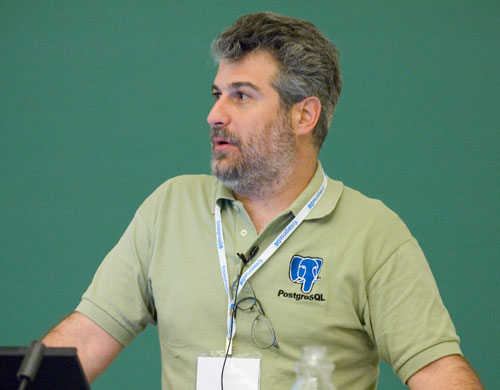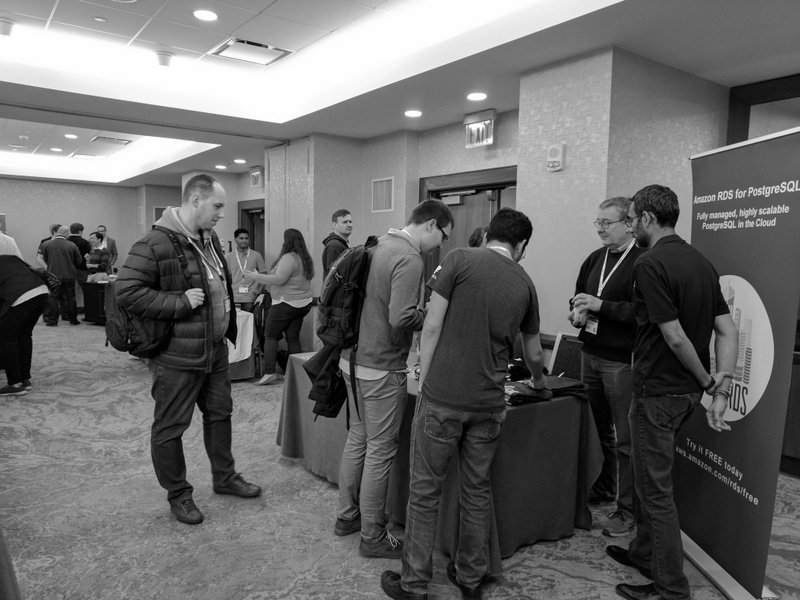1700 S Lamar Blvd, Suite 338, Austin, TX
Join us for a special presentation with PostgreSQL experts who will be in town for DataLayer 2017.
Food and refreshments will be provided, so please be sure to RSVP.
Thank you to OpenSCG for sponsoring our food and soft drinks, and fibercove for hosting us! Beer sponsor TBA.
- The event starts at: 6 pm
- Networking and food/drink : 6:15 pm
- Announcements and updates: 6:30 pm
• "Softlayer vs RDS/AWS: A price to performance perspective" - Joshua D. Drake, Command Prompt, Inc.
• "PostgreSQL on Debian and apt.postgresql.org" - Dr. Michael Meskes, CEO of credativ (http://www.credativ.com/)
• "Top 10 Mistakes When Migrating From Oracle to PostgreSQL" -- Jim Mlodgenski, CTO of OpenSCG
About our Speakers:
Joshua D. Drake of Command Prompt, Inc. (https://www.commandprompt.com/), is a PostgreSQL Consultant who has consulted on PostgreSQL since Postgres95. Throughout his PostgreSQL career he has performed a variety of functions within the community including releasing an O'Reilly book on PostgreSQL, as well as being part of the sysadmins and advocacy teams He ran a biannual conference series dedicated to PostgreSQL from 2007 - 2011. He is a former Director for SPI (the non-profit for PostgreSQL.org). Drake is also a Founder of United States PostgreSQL, as well as a co-organizer and Chair of PGConf US.
Dr. Michael Meskes is President and CEO of the credativ Group, an industry leader in free software services with offices in five countries. Its Open Source Support Centers employ leading members of a number of Open-Source projects. He has been Open-Source developer for twenty years working on different Open-Source projects among which Debian and PostgreSQL are most widely known. He also has done a lot of Open-Source related presentations on all sorts of events doing a lot of Open-Source evangelism.
Jim Mlodgenski is CTO of OpenSCG, a leading enterprise open source services company, with a central focus on PostgreSQL. He has been part of the PostgreSQL community for over a decade, as an architect and sales engineer. He is a Director for the U.S. PostgreSQL Association, as well as an organizer of the Philly PostgreSQL User Group and a Co-organizer of the NYC PostgreSQL User Group. He Is also a co-organizer of PGConf US, the largest PostgreSQL conference in the U.S.






